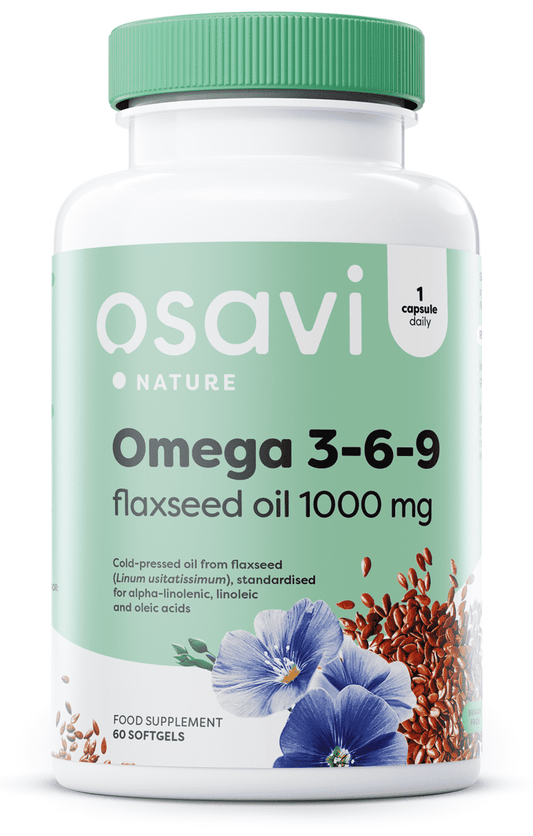Flaxseed is a small, brown, or golden seed that is renowned for its extensive health benefits. It is a powerhouse of essential nutrients like omega-3 fatty acids, dietary fibre, and high-quality protein. These seeds are considered a superfood due to their ability to promote overall wellness and support various bodily functions.
The collection of flaxseed products available for sale includes whole flaxseeds, ground flaxseeds, and flaxseed oil. Each product has unique attributes but shares common health benefits that make them valuable additions to any diet.
Whole flaxseeds are perfect for those who prefer incorporating them into salads, cereals, or baked goods for added texture and nutritional value. They help improve digestive health by providing ample soluble fibre that aids in maintaining regular bowel movements and promoting gut health.
Ground flaxseeds offer the same valuable nutrients as whole seeds but with increased bioavailability due to their finely milled form. This makes it easier for the body to absorb omega-3 fatty acids, which are crucial for reducing inflammation and supporting heart health. The ease of blending ground flaxseed into smoothies or yogurt ensures a convenient way to enrich meals with essential nutrients.
Flaxseed oil is extracted directly from the seeds through a cold-pressing technique that preserves its nutritional integrity. Rich in alpha-linolenic acid an important omega-3 fatty acid this oil can be used as a salad dressing or drizzled over cooked vegetables. It supports cardiovascular wellness by aiding in the reduction of cholesterol levels.
Incorporating any form of flaxseed into daily routines promotes overall well-being by enhancing digestive function improving heart health reducing inflammation and providing essential nutrients necessary for optimal body functioning For those seeking natural ways to boost their health this collection of flaxseed products offers versatile options tailored for various dietary preferences










 Rated Excellent by 26,523+ Reviews
Rated Excellent by 26,523+ Reviews